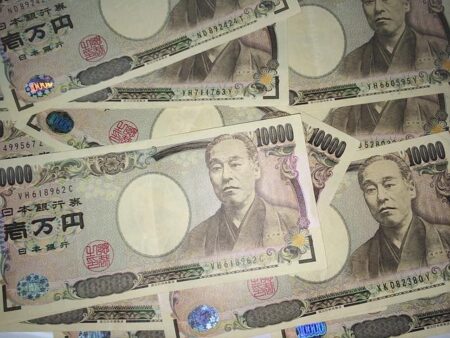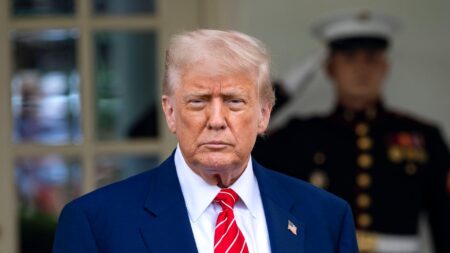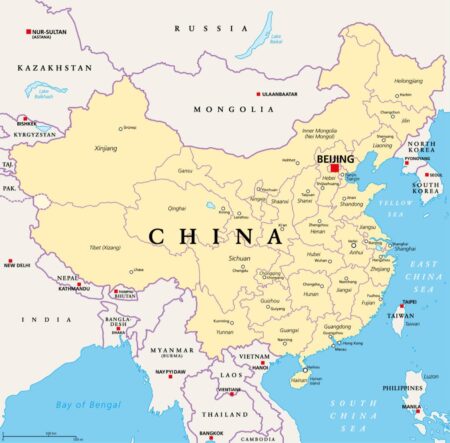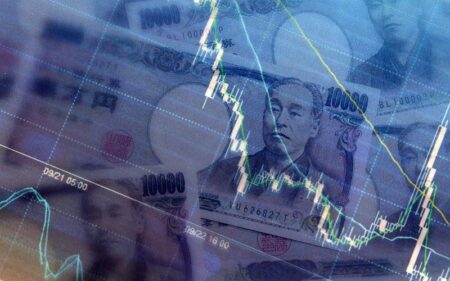Bank of Canada Governor Tiff Macklem warns that if the U.S. Federal Reserve loses its independence, it could set off significant ripple effects for Canada-disrupting trade, rattling exchange rates, and putting economic stability at risk
Browsing: central banks
Global bonds plunged sharply following hawkish remarks from the Bank of Japan, signaling potential shifts in monetary policy. Investors reacted swiftly, driving yields higher as uncertainty surged
The Bank of Japan is gearing up for a pivotal rate hike as inflationary pressures intensify. Markets are buzzing with anticipation, bracing for a landmark policy shift that could finally bring an end to decades of ultra-loose monetary easing
Former U.S. President Trump’s recent remarks have ignited fresh concerns about the safety of Germany’s gold reserves held in New York, sparking intense debates over repatriation and the protection of overseas assets, Reuters reports
China’s bold gold-buying spree has captured global attention. In a time of economic uncertainty and currency fluctuations, Beijing is on a mission to strengthen its financial stability and lessen its dependence on the U.S. dollar, all while establishing itself as a powerful contender in the international market.
In a recent announcement, the Bank of Japan (BOJ) has chosen to keep its interest rates steady, highlighting the current economic stability. However, officials voiced their worries about looming risks from US tariffs that could pose challenges to Japan’s export-driven economy.
In a pivotal meeting, finance leaders from Japan and the United States gathered to tackle the pressing issue of fluctuating currency rates. These discussions are not just about numbers; they aim to enhance economic stability and strengthen bilateral relations in the face of growing global financial uncertainties.
A recent Reuters poll indicates that Canada’s growing recession risk could prompt the Bank of Canada to implement at least two additional interest rate cuts this year. Economic concerns are mounting as policymakers seek to stabilize the slowing economy.
Central bank deputies from China, Japan, and South Korea convened to discuss the implications of U.S. tariffs on their economies. The meeting, reported by Reuters, highlights growing concerns over trade tensions and their potential impact on regional stability.
In today’s ForexLive Asia-Pacific FX news wrap, Bank of Japan Governor Kazuo Ueda addressed key monetary policy issues, underscoring the central bank’s commitment to maintaining its accommodative stance. His remarks influenced market sentiment, impacting the yen’s fluctuations.
The OECD warns that the Bank of Canada may have to raise interest rates by up to 1.25% in the event of a full-blown tariff war. This increase aims to combat inflationary pressures stemming from heightened trade tensions, impacting economic stability.










